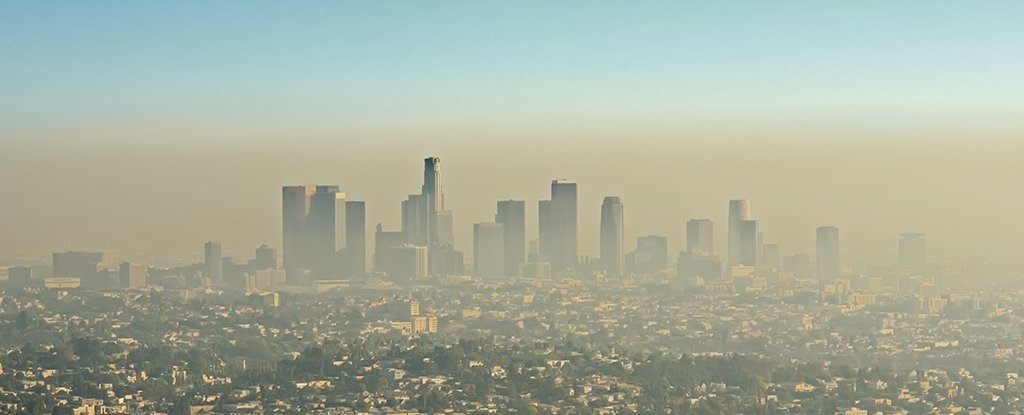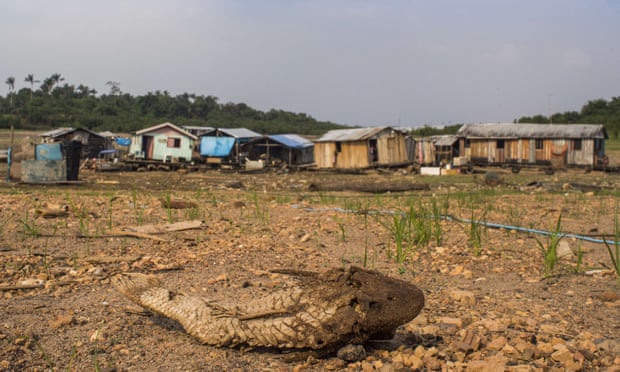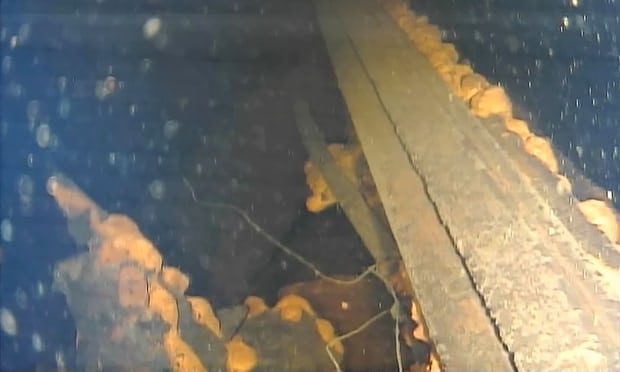You are here
Sun, 2009-03-22 04:36 — mdmcdonald
The mission of this Working Group is to enhance our understanding and relationship with the environment and ecology.
General Topic Tags:
Group:
Group description:
This working group is focused on issues of Environment and Ecology to ensure resilience and sustainability for all.
Group visibility:
Public - accessible to all site users
Add Content to this group
Members
| admin | Albert Gomez | Anthony | ChrisAllen | Kathy Gilbeaux | Maeryn Obley |
| mdmcdonald | MDMcDonald_me_com | njchapman |











Recent Comments